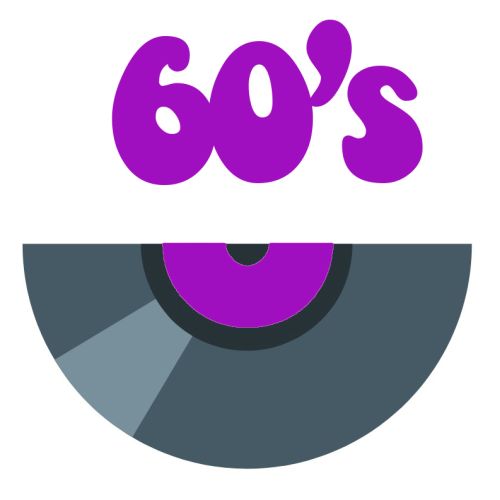The 1960s marked a revolutionary era in music, characterized by unprecedented creativity, experimentation, and cultural impact. This decade saw the birth and evolution of numerous sub-genres that collectively shaped the sound and spirit of the era. The early 1960s were dominated by the clean-cut, harmonious sounds of groups like The Beatles and The Beach Boys, who popularized the "British Invasion" with their catchy melodies and innovative songwriting. The Beatles, in particular, evolved rapidly from their initial pop hits to more complex compositions that incorporated elements of classical music, psychedelia, and Indian influences.
Concurrently, Motown Records was making waves with its polished, soulful sound, featuring artists like Stevie Wonder, Marvin Gaye, and The Supremes. These artists blended R&B with pop sensibilities, creating a smooth, accessible style that appealed to a broad audience. Meanwhile, in the United States, folk music experienced a resurgence, led by figures like Bob Dylan and Joan Baez. Their lyrics often addressed social and political issues, reflecting the growing counterculture movement.
As the decade progressed, psychedelic rock emerged as a defining sound of the late 1960s. Bands like The Jimi Hendrix Experience, Pink Floyd, and The Doors pushed musical boundaries with their experimental compositions, distorted guitars, and mind-altering lyrics. This genre was closely associated with the hippie movement and the exploration of psychedelic drugs, which influenced both the music's creation and its reception.
The late 1960s also saw the rise of funk, a genre that combined elements of soul, jazz, and R&B to create a groovy, dance-oriented sound. James Brown, often referred to as the "Godfather of Soul," was a pioneer in this genre, known for his energetic performances and innovative use of the drum break. Funk music emphasized rhythm and bass lines, creating a infectious, upbeat style that would influence countless artists in the decades to come.
In addition to these major trends, the 1960s also witnessed the development of surf rock, a genre characterized by its reverb-heavy guitars and themes of beach culture. The Ventures and Dick Dale were among the key figures in this genre, which captured the spirit of California's surfing subculture.
The decade also saw significant advancements in recording technology, allowing for more sophisticated production techniques and multi-track recording. This enabled artists to create layered, complex compositions that pushed the boundaries of what was possible in music.
The 1960s were not just about the music itself but also about the cultural context in which it was created. The decade was marked by social upheaval, including the civil rights movement, the Vietnam War, and the feminist movement. These events deeply influenced the lyrics and themes of many songs, making music a powerful tool for social commentary and change.
In summary, the 1960s were a transformative period in music history, characterized by innovation, experimentation, and cultural significance. From the harmonious pop of The Beatles to the psychedelic explorations of Pink Floyd, from the soulful sounds of Motown to the funky grooves of James Brown, this decade laid the foundation for many of the musical styles that would follow.
 2.9k
2.9k
 2
Spain 60s 128 kbps MP3
2
Spain 60s 128 kbps MP3 2.8k
2.8k
 3
Malaysia, Kuala Lumpur 60s
3
Malaysia, Kuala Lumpur 60s Melodia Retro KanalMelodia Retro Kanal
Melodia Retro KanalMelodia Retro Kanal 1.7k
Russia 60s
1.7k
Russia 60s





























